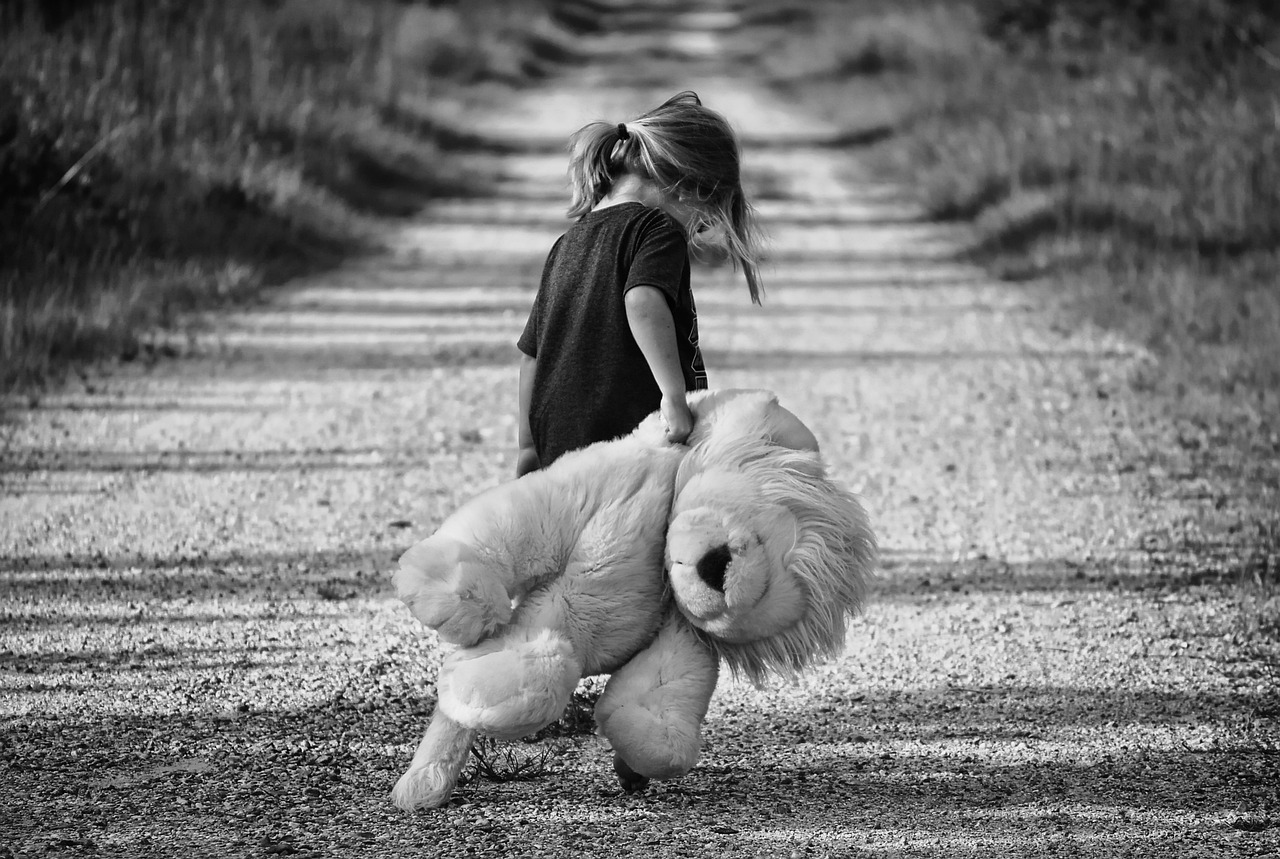
Introduction
Childhood is a magical phase of life filled with curiosity, growth, and endless possibilities. It is during this crucial period that children develop the foundations for their future development, shaping their personality, behavior, and overall well-being. In this article, we will explore the significant influence of childhood experiences on adult behavior from a psychological perspective. We will delve into the impact of early encounters on shaping our future selves, focusing on the emotional, social, and cognitive dimensions.
Understanding Childhood Experiences
Childhood experiences encompass a wide range of events and interactions that occur during our early years. These experiences can encompass both positive and negative encounters, such as parental nurturing, social interactions, family dynamics, and exposure to various environments, including school and community settings. It is important to note that these experiences can have a profound impact on our overall development and significantly influence our behavior and attitudes as adults.
The Influence of Childhood Experiences on Emotional Development
Emotional development is a critical aspect of childhood that significantly impacts adult behavior. During early experiences, children learn to recognize, understand, and regulate their emotions. Positive emotional experiences, such as receiving affection, praise, and support from caregivers, foster a healthy emotional wellbeing. Conversely, negative experiences like neglect, abuse, or witnessing violence can lead to emotional difficulties in adulthood, such as anxiety, depression, or difficulty forming healthy relationships.

The Role of Childhood Experiences in Social Development
Social interaction plays a vital role in shaping a child’s social skills, empathy, and ability to form healthy relationships. Positive experiences, including cooperative play, sharing, and communication, help children develop essential social competencies. On the other hand, adverse experiences, such as social isolation, bullying, or rejection, can lead to difficulties in forming relationships, social anxiety, or aggressive behavior patterns in adulthood. These influences highlight the importance of creating nurturing environments that foster positive social interactions during childhood.
Childhood Experiences and Cognitive Development
Cognitive development refers to the growth of a child’s intellectual abilities, including their thinking, problem-solving skills, and language development. Early experiences, such as educational stimulation, responsive parenting, and exposure to a variety of learning opportunities, promote healthy cognitive development. In contrast, limited access to educational resources, neglect, or traumatic experiences can hinder a child’s cognitive growth, potentially leading to learning difficulties, low self-esteem, or decreased academic achievement in adulthood.
How Childhood Experiences Shape Adult Behavior
Childhood experiences act as the building blocks that shape our adult behavior. The quality of these experiences significantly impacts our self-perception, emotional regulation, social skills, cognitive abilities, and overall mental well-being. Positive childhood experiences lay the foundation for healthy and adaptive behaviors in adulthood, facilitating resilience and the ability to cope with challenges effectively. Conversely, negative experiences can increase the likelihood of maladaptive behaviors, mental health issues, and difficulties in various aspects of life, including relationships, work, and personal fulfillment.
Conclusion
Childhood experiences play a central role in shaping our adult behavior, influencing our emotional, social, and cognitive development. Positive experiences during this crucial period foster healthy behaviors, while negative encounters can result in various challenges later in life. Understanding the significance of childhood experiences enables us to create environments that promote positive development and support the needs of children. By investing in the well-being of our children, we can pave the way for a brighter future.
FAQ
1. Are positive childhood experiences essential for adult development?
Yes, positive childhood experiences play a crucial role in shaping healthy adult development across various dimensions, including emotional, social, and cognitive aspects.
2. Can negative childhood experiences be overcome in adulthood?
While negative childhood experiences can present challenges, individuals can seek support, therapy, and self-reflection to overcome their impact and foster personal growth.
3. How can parents promote positive childhood experiences?
Parents can promote positive experiences by providing a loving, nurturing environment, engaging in open communication, and actively participating in their child’s development through play, encouragement, and support.
4. What can be done to mitigate the impact of adverse childhood experiences?
Creating safe spaces, accessing therapy or counseling, building supportive relationships, and focusing on personal growth can help individuals mitigate the impact of adverse childhood experiences.
5. Can childhood experiences influence career choices?
Yes, childhood experiences can shape an individual’s interests, skills, and passions, which, in turn, can influence their career choices and professional development.
6. Are all childhood experiences equally influential?
No, the significance of childhood experiences can vary based on factors such as frequency, intensity, and duration, as well as the child’s individual resilience and support systems.
7. Can positive experiences later in life offset negative childhood experiences?
While positive experiences can certainly contribute to personal growth and resilience, the impact of negative childhood experiences may still need to be addressed through therapy, self-reflection, and support.
8. How can society support positive childhood experiences for all children?
Society can support positive childhood experiences by advocating for accessible education, safe environments, and promoting family-friendly policies that prioritize the well-being of children.
9. Can childhood experiences impact mental health in adulthood?
Yes, childhood experiences can significantly influence an individual’s mental health in adulthood, potentially contributing to the development of various mental health conditions.
10. Can childhood experiences shape parenting styles?
Yes, childhood experiences can influence an individual’s parenting style. Positive experiences may enhance nurturing behavior, while negative experiences can perpetuate harmful patterns or motivate individuals to break the cycle and provide a healthier environment for their own children.

